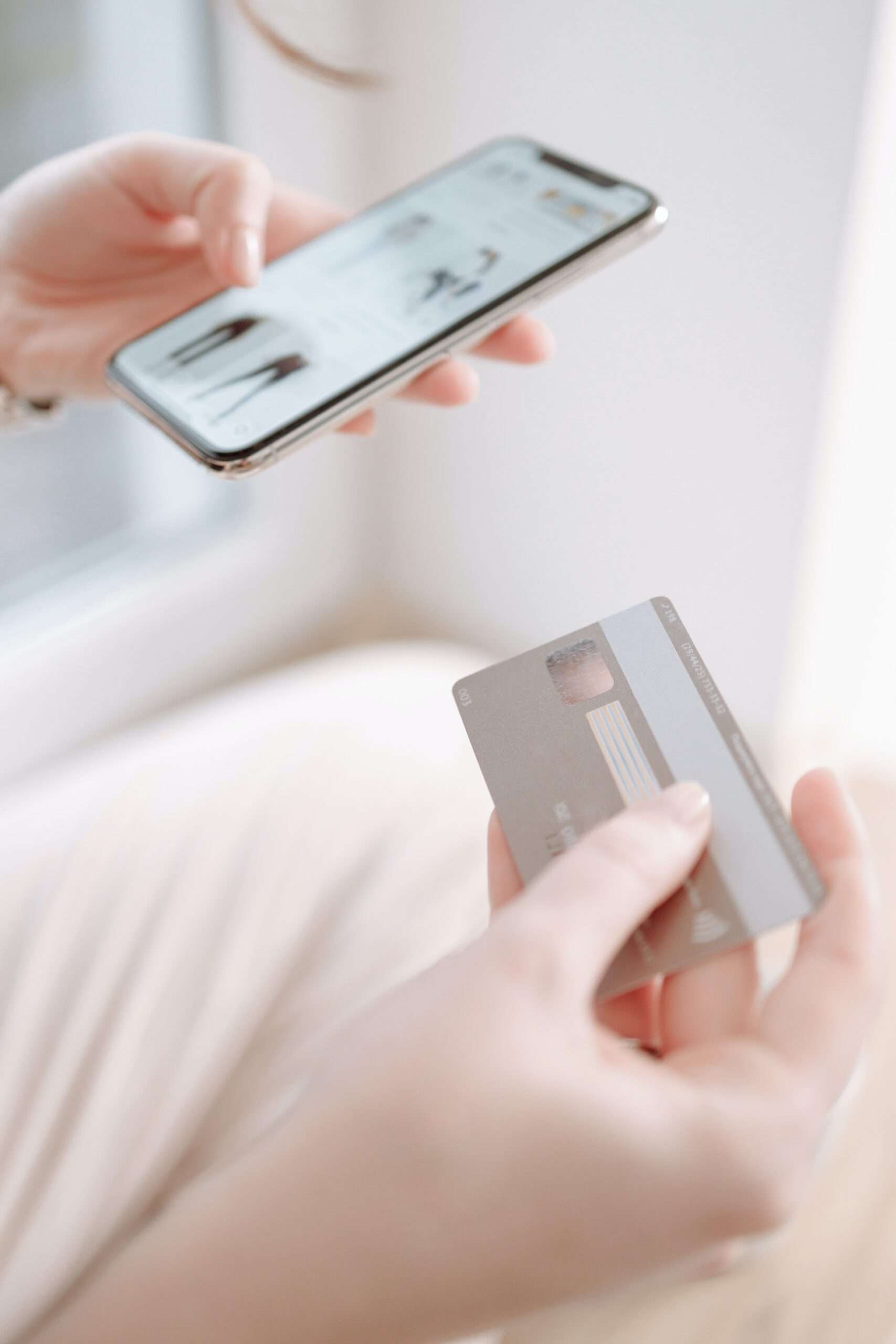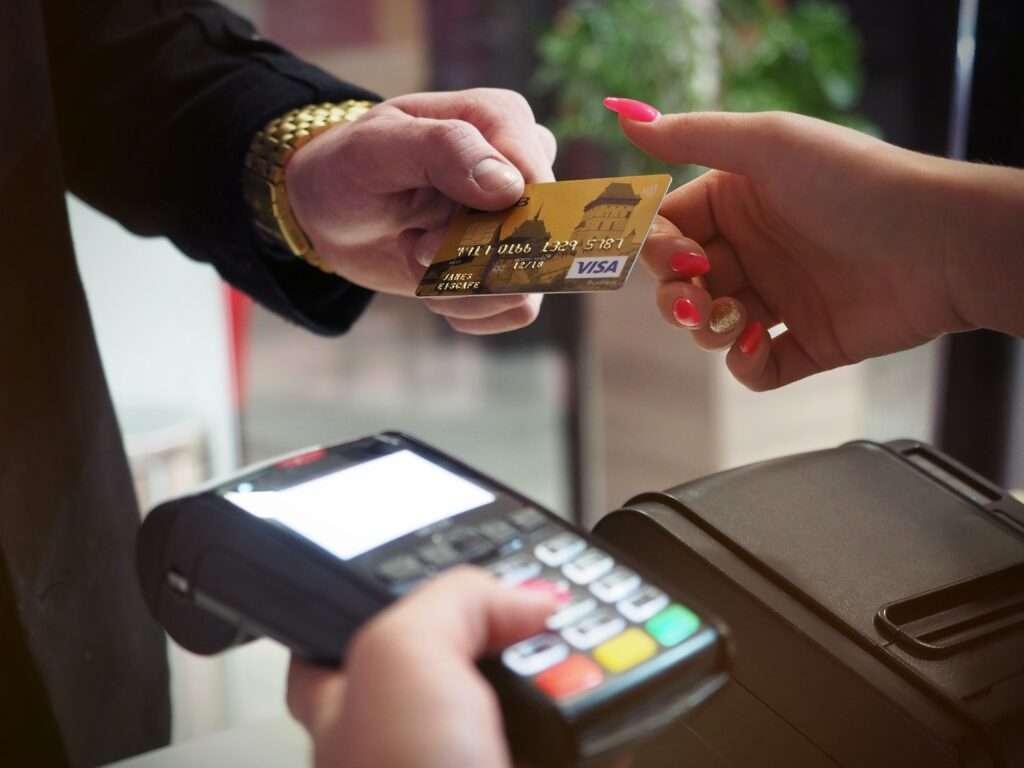
A commonly asked question by people who spend a lot on unplanned items and want to address the issue is “how do I stop impulse buying?” Luckily, there are practical ways to stop impulsive buying and take better control of your finances.
In this article, we will explore 15 of these ways to help you save yourself some money and eliminate impulse buying once and for all.
P.S. – It gets better as you go down the list.

1. Identify your triggers
Impulsive buying is often triggered by certain situations or emotions; stress, boredom, and sadness, to mention but a few. Knowing what your triggers are can help you avoid them and reduce the temptation to buy things on impulse.
2. Create a vision board
You are probably wondering how this helps in any way. Creating a vision board that you see often helps you keep your truest financial goals in sight and stay motivated to achieve them.
When you see your goals hanging beside your dressing mirror, on the fridge, on the front door as you’re leaving the house, or better still as a screensaver or wallpaper on your phone and other devices, you are reminded of why you shouldn’t splurge on other things. A vision board can help you avoid buying things on impulse that do not align with your goals.
3. Make a budget and stick to it
One of the best ways to eliminate impulsive buying is to make a budget and stick to it. One that has a savings plan embedded and helps you save up for the things that are important to you.
Another important aspect of your budget is that you set money aside for discretionary spending. Discretionary spending is money that you can spend on nice-to-have things, such as clothes or entertainment. By including this in your budget, you have a preset limit on how much you can spend on your wants, therefore being less likely to overspend on unnecessary items.
4. Use a shopping list
Another great method to stop buying impulsively is to make a well thought out shopping list of what you want first and be disciplined to stick to it.
A list of things you need in order of priority helps you stay focused on the items you should get and reduces the temptation to buy things you don’t need.

5. Keep a record of your spending
Tracking your expenses and keeping a record of your spending helps you become more aware of your spending habits and identify the areas where you may be overspending so you can correct it.
You can use a book and pen, spreadsheet, or even a shopping app to tracks your expenses. This will help you stay on top of your spending and make better financial decisions.
6. Stick to cash instead of cards
Using cash instead of credit or even debit cards can help you control impulsive buying. When you use cash, you’re more aware of how much you’re spending and you’re less likely to overspend. Leaving your cards at home when out makes it harder for you to spend money due to the lack of access.
7. Wait before making a purchase
If you’re tempted to buy something unplanned, pause and give yourself time to think it over before making a decision. Wait 24 hours, days, or even weeks before making the purchase. This will give you enough time to think about whether you really need the item and if it fits into your budget.
8. Unsubscribe from marketing emails
Marketing emails can be a big trigger for impulsive buying. They flood our inboxes on a daily basis and we sometimes don’t even know how we made it to their subscribers’ list!
If you know this is a buying trigger for you, reduce that temptation to buy things you don’t need by hitting the unsubscribe button ASAP!

9. Get rid of your shopping apps
Your favourite shopping apps make it super easy to buy things on impulse. It’s so simple and convenient to add things to your Amazon cart for example and there’s a good reason it’s been made so.
If you know you don’t have enough willpower to resist the allure of all the great goods that are just a few clicks away, delete those apps ASAP!
10. Have a social media break
As great as social media is with keeping us connected to the rest of the world and giving all sorts of value, it does have its drawbacks. If what you see on social media sites gets you spending money not budgeted for on a regular, you could do well with significantly reducing your time there. Or even take a complete break for a while.
If you’re in the habit of comparing yourself with others, social media makes that ten times worse. If scrolling past people’s highlights makes you feel dissatisfied and ready to buy more stuff, then it’s in order to remove the source of the problem.
Even when you are not someone frequently caught in the comparison trap, the reality remains that social media is a huge fuel for impulse buying. The psychology at play there with how the algorithms works and all is huge! Everywhere you scroll, someone is trying to get you to spend your money. But if you’re not on these apps, you won’t see all the catchy sales and new products for you to pounce on.
11. Go on a shopping fast
Taking a break from non-essential shopping of all kinds for a certain period of time can prove helpful. A no-spend challenge of sorts. Don’t just limit this to online platforms though.
The truth is, even in-store shopping is designed to feed your impulse and spend more money than planned. Going on a fast helps you reassess your spending habits and make better financial decisions going forward.
12. Practice mindfulness
Practice mindfulness by being present in the moment and focusing on your breath. This can help you avoid impulsive buying by allowing you to focus on the present rather than dwelling on past regrets or future worries.

13. Surround yourself with supportive people
Your environment is so key to helping or hurting your cause here. You must surround yourself with supportive people who will encourage you to make good financial decisions. People who genuinely care about your well-being and not the ones who feed a drive for reckless spending.
Having a good support system can help you stay on track and resist the temptation to buy things on impulse. If you don’t have that in your present family and friends circle, make efforts to find individuals and communities around that can help you.
14. Get an accountability partner
This is the secret sauce people! It is so easy to default on what we set out to do and rationalise our bad decisions when we are accountable to only ourselves. Usually because there are no significant consequences in the moment.
If impulse buying has been a problem you are serious about fixing, getting someone else like a financial coach who can hold you accountable for your spending habits and help you stay on track is so vital. It is so worth doing this.
15. Seek professional help
Last but definitely not least, if you find that your impulsive buying is causing major problems in your life like running you into debt and ruining precious relationships, seek professional help. You may be a compulsive shopper and that is something that should be addressed quickly.
There are good therapists and counsellors around who can help you address the underlying issues that may be causing your impulsive buying.

In conclusion
Impulsive buying can be a big problem, but there are many ways to eliminate it. By doing things like making a list of what you need before you go shopping, waiting before making a purchase, setting a good budget, using cash instead of cards, surrounding yourself with supportive people, and getting a good accountability partner, you can take control of your finances and reduce the temptation to buy things impulsively. Best of luck.
Have you had experiences with impulsive buying? Let me know in the comments.

2 replies on “How To Stop Impulsive Buying In 15 ways”
Very helpful.
Thank you Money Sensei!!!